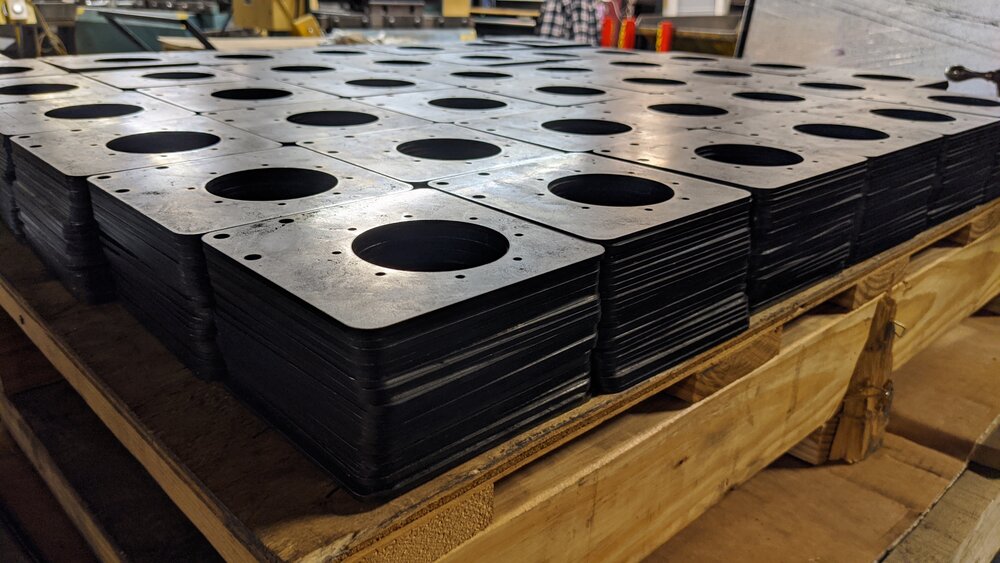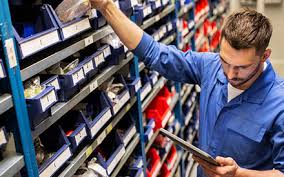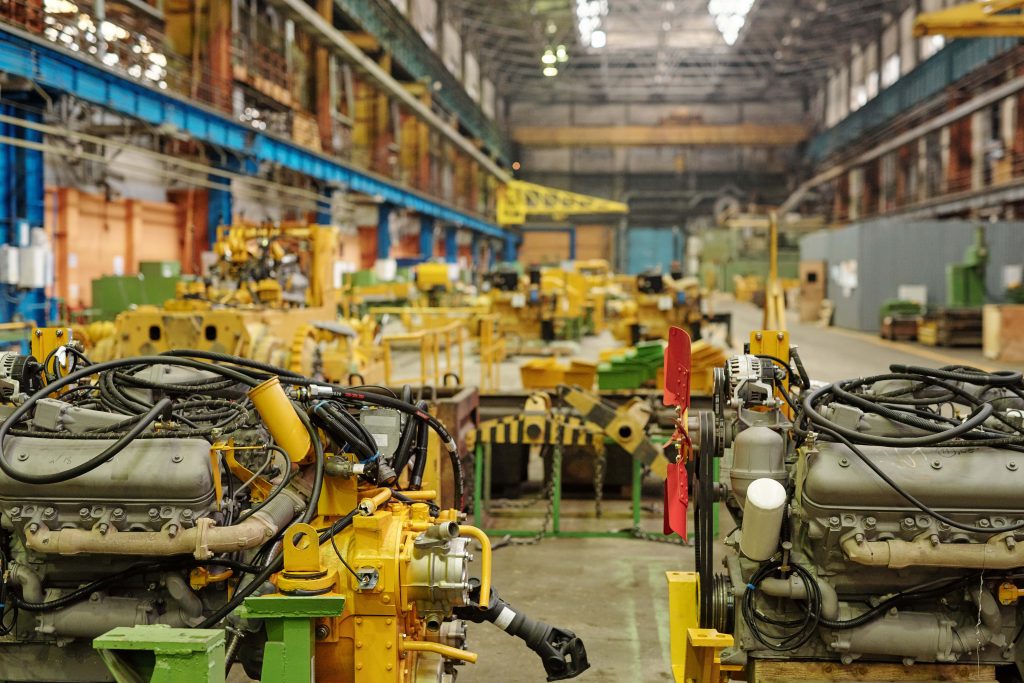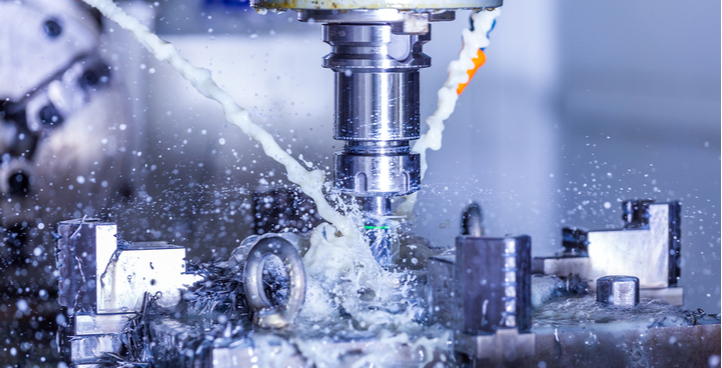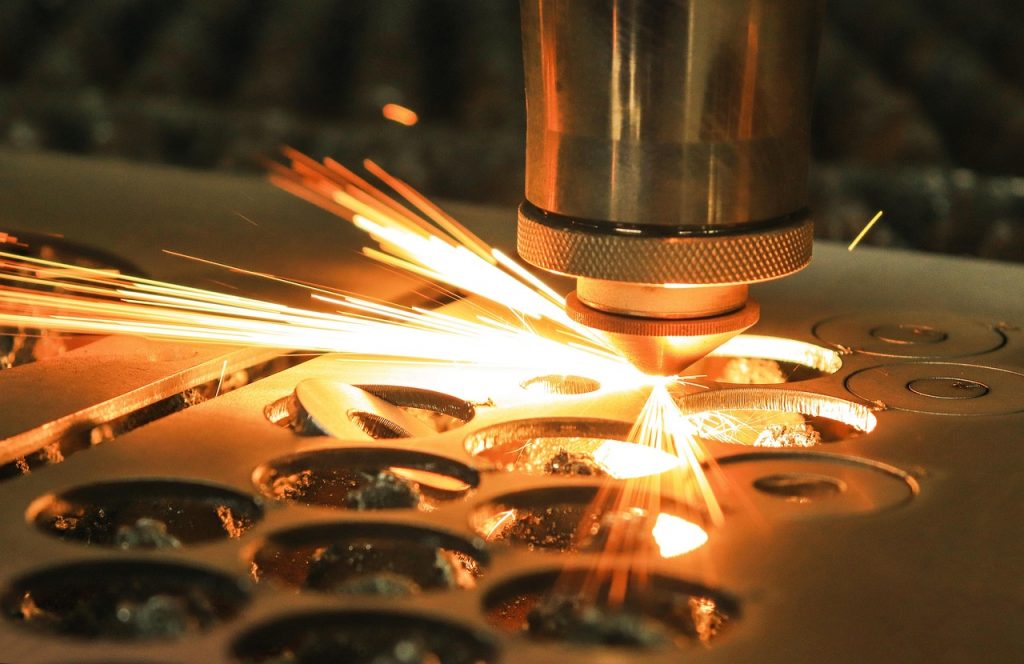Industrial automation components play a crucial role in today’s manufacturing landscape. As industries strive for greater efficiency, accuracy, and productivity, automation systems have become essential. These components—ranging from conveyors and rollers to actuators and sensors—enable facilities to operate with minimal downtime, consistent quality, and optimized production speeds.
What Are Industrial Automation Components?
Industrial automation components are mechanical and electronic parts integrated into production systems to improve efficiency and reduce manual labor. These components allow machinery to perform repetitive or complex tasks automatically and with high precision.
Common examples include conveyor rollers, pneumatic cylinders, linear actuators, drives, control panels, and robotic elements.
Why Industrial Automation Matters
Automation has transformed how factories produce goods, offering:
1. Increased Productivity
Automated systems operate continuously with fewer interruptions, significantly increasing throughput.
2. Improved Quality and Consistency
Precision components ensure repeatable results while reducing product variation and rejects.
3. Better Safety
Automating dangerous tasks protects workers from hazardous environments.
4. Lower Operational Costs
Automation reduces labor, minimizes waste, and increases equipment lifespan.
Key Types of Automation Components
• Conveyors and Rollers – for efficient material flow
• Pneumatic and Hydraulic Cylinders – for pushing, lifting and positioning
• Control Systems – PLCs, sensors, smart devices
• Custom-Machined Equipment – brackets, housings, rollers and supports
Automation Components in Automotive Manufacturing
The automotive industry relies heavily on automation for welding, assembly, material handling, inspection, and packaging.
Choosing the Right Manufacturing Partner
A reliable engineering and machining partner helps design, produce, and integrate automation components with strong quality control and CNC precision.
Industrial automation components are essential to high-performance production systems, enabling efficiency, safety, and long-term reliability.

